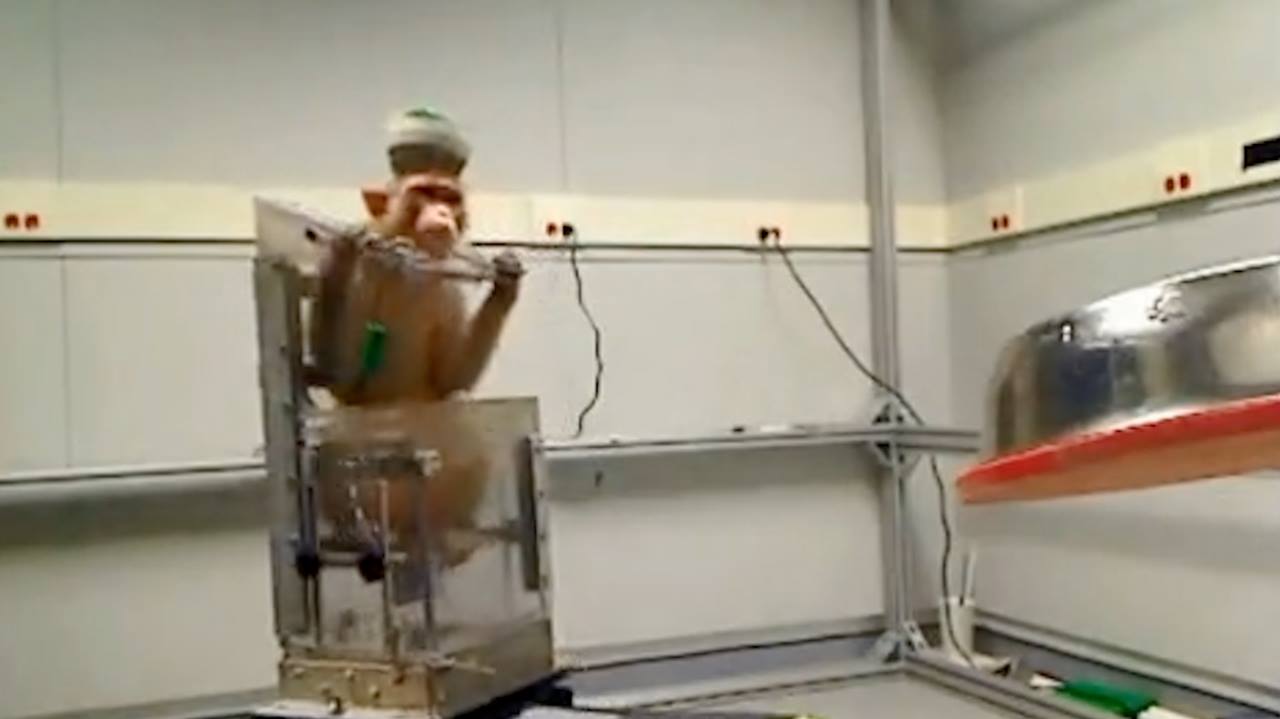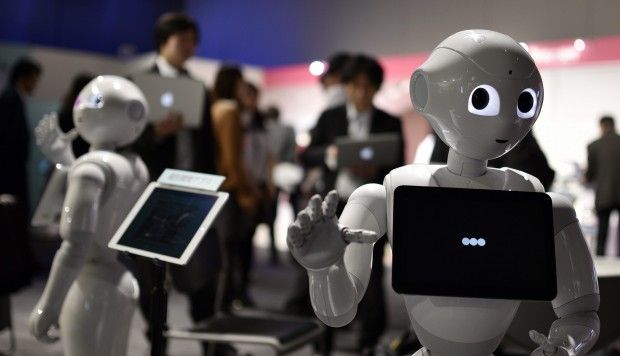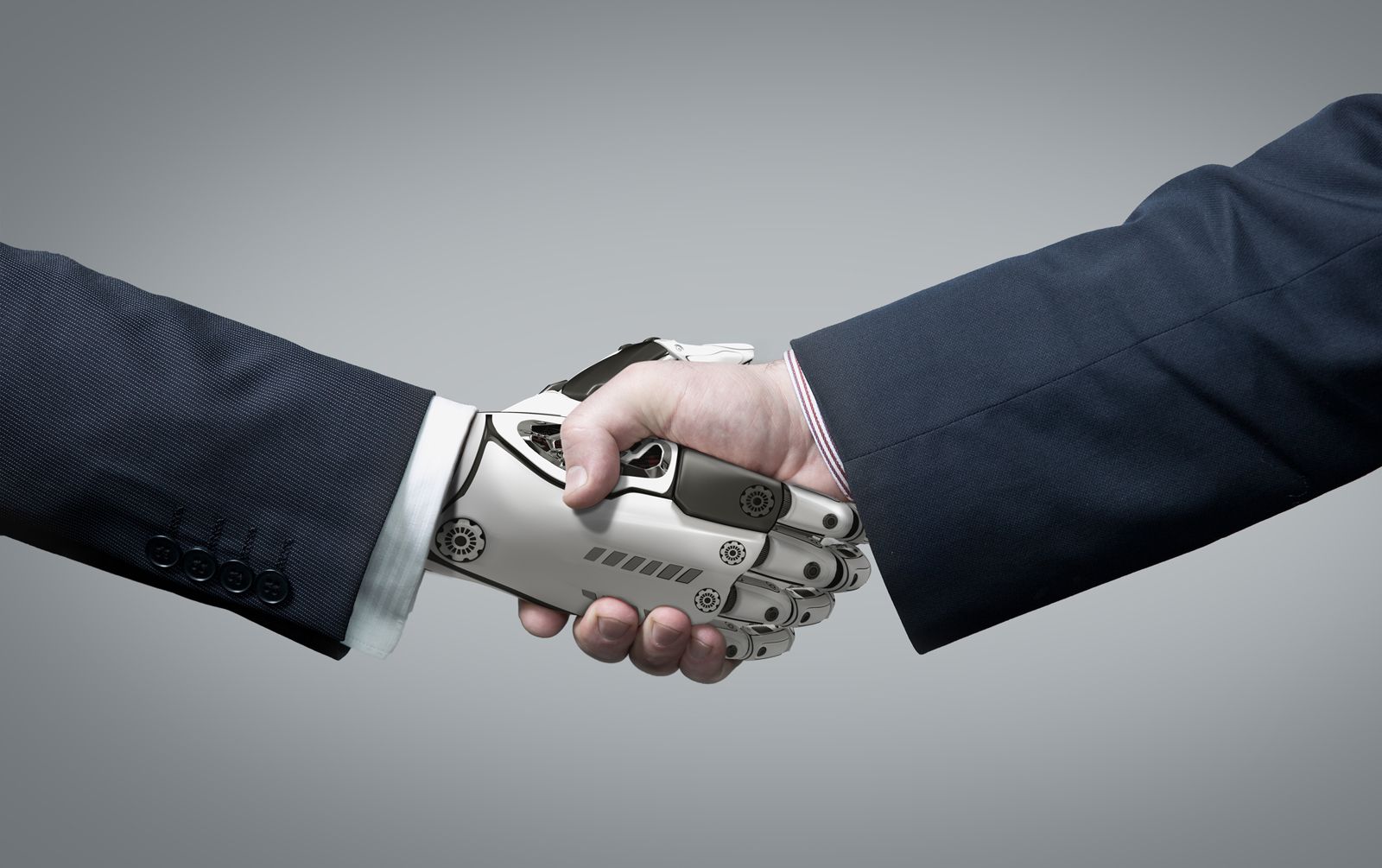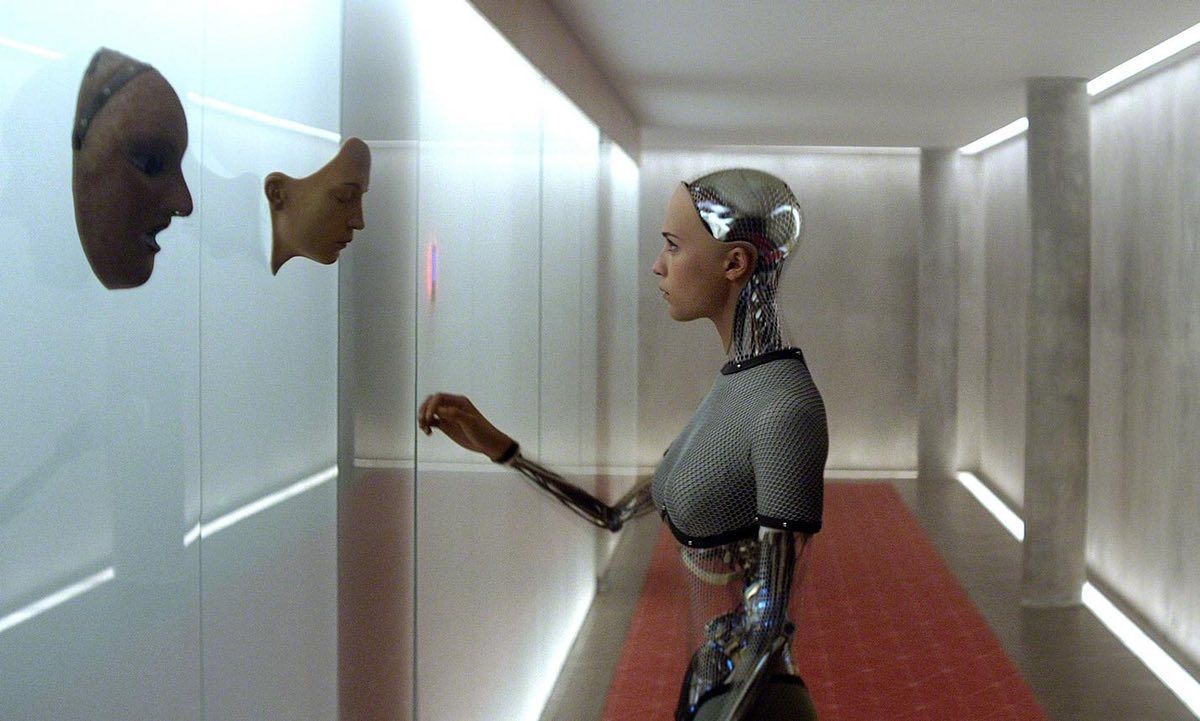Interesting Question to ask.
The battle between the FBI and Apple over the unlocking of a terrorist’s iPhone will likely require Congress to create new legislation. That’s because there really aren’t any existing laws which encompass technologies such as these. The battle is between security and privacy, with Silicon Valley fighting for privacy. The debates in Congress will be ugly, uninformed, and emotional. Lawmakers won’t know which side to pick and will flip flop between what lobbyists ask and the public’s fear du jour. And because there is no consensus on what is right or wrong, any decision they make today will likely be changed tomorrow.
This is a prelude of things to come, not only with encryption technologies, but everything from artificial intelligence to drones, robotics, and synthetic biology. Technology is moving faster than our ability to understand it, and there is no consensus on what is ethical. It isn’t just the lawmakers who are not well-informed, the originators of the technologies themselves don’t understand the full ramifications of what they are creating. They may take strong positions today based on their emotions and financial interests, but as they learn more, they too will change their views.
Imagine if there was a terror attack in Silicon Valley — at the headquarters of Facebook or Apple. Do you think that Tim Cook or Mark Zuckerberg would continue to put privacy ahead of national security?
Read more








